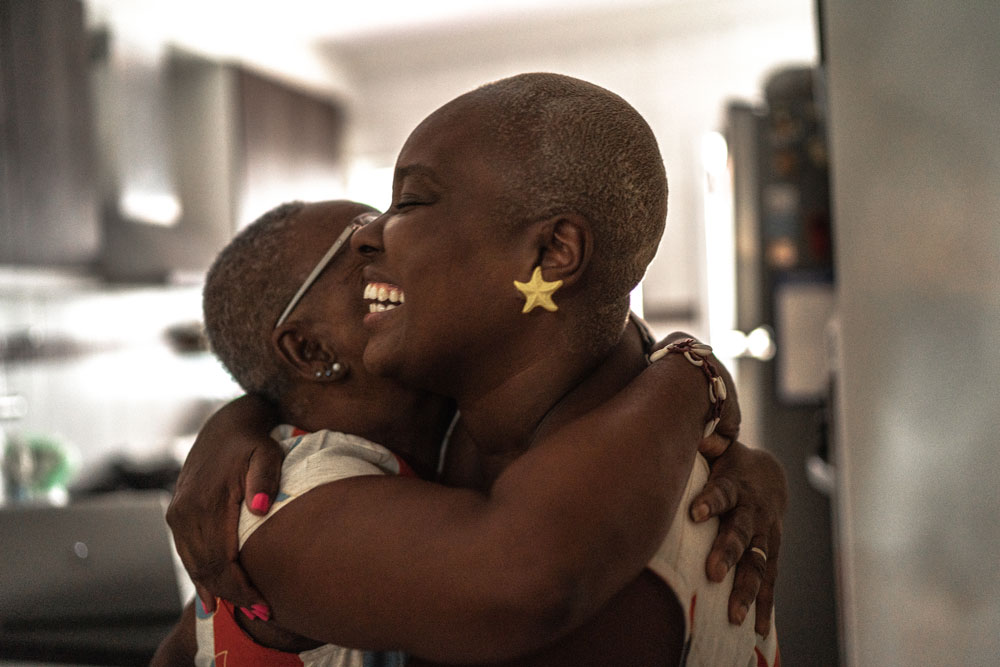Challenges of 2020: Lessons for Clinical Trials in Diabetes
The extraordinary challenges of 2020—the global pandemic and the renewed campaign against racial injustice—have simultaneously presented opportunities for significant growth and change across the clinical research industry.
While the pandemic interrupted clinical research programs in the beginning, we’ve met these challenges with scrappy persistence and forced inventiveness, overcoming the initial barriers by adopting new systems and developing creative workarounds. Simultaneously, the public outcry against racial inequality has amplified conversations about enhancing diversity in clinical trials.
These issues are of particular relevance to diabetes clinical trials. Minority populations are consistently underrepresented in clinical trials for type 2 diabetes, despite the fact that African American and Hispanic populations are disproportionately affected by the diabetes and frequently have comorbidities such as cardiovascular disease and hypertension that exacerbate their disease severity.1
Moreover, people with diabetes are at greater risk of severe infection and death from COVID-19, and the disease has significantly impacted the daily lives of individuals living with diabetes through financial implications, food and medication scarcity and its burden on mental health.2 Expanding access to clinical trials in which new and potentially more effective diabetes medications are being evaluated widens opportunities for minority and underserved patients who may have limited or no access to healthcare.
One way this is happening is through decentralized clinical trials, in which home- and community-based studies are enabling greater numbers of people to take part in clinical trial without having to travel to a clinic. The rapid adoption of decentralized clinical trial approaches is proving to be particularly successful for diabetes studies, which lend themselves to a range of home monitoring devices. Across our diabetes studies, we’ve incorporated telehealth visits that allow us to view patients’ latest glucose data from our own computers and chart notes in our EMRs through virtual desktops. Home-based phlebotomy visits reduce the number of clinic visits, while digital dosing reminders enhance compliance. Data are being collected and analyzed remotely from wearable devices, continuous glucose monitors and activity trackers, which are especially relevant for studies whose outcomes are based on measuring glucose trends such time-in-range and variability.
These home-based approaches should help to enroll historically underserved populations who often have greater barriers to participation due to cost, distance and lost wages from time off of work. Additionally, sites should be provided with culturally sensitive recruitment and retention materials to increase engagement and comprehension, and sponsors and research organizations should include a diverse pool of investigators who can earn respect and trust among a variety of patients
In March of 2020, the FDA issued guidance to include meaningful numbers of diabetes patients who have underlying cardiovascular and renal disease, as well as older patients3 and population-derived percentages of racial minorities to enhance both the generalizability of trial data and its applicability to specific subsets of individuals. This challenge is complex, with ongoing disparity in access to healthcare providers and hence study investigators, as well as long-standing mistrust of the research community.
To address these challenges, Parexel has is expanding the patient voice across the planning, design and execution of clinical trials. Through our Patient Advocacy Board and Site Advisory Board, we are hearing directly from those on the front lines about—with representation across the U.S., EU, China and Japan—about what matters most to patients and sites. We’re using the pandemic as a springboard to incorporate new ways of doing business, now that we’ve seen that the impossible is possible.
References
1 https://clinical.diabetesjournals.org/content/35/1/66
2 https://www.diabetesresearchclinicalpractice.com/article/S0168-8227(20)30548-9/fulltext
Related Insights
Blog
AI Milestones: AI-enabled EKG reads and alerts save lives: human-AI collaboration in practice
Jun 6, 2024
Article
Key strategies to mitigate the risks of asthma drug development
Jan 24, 2025
Blog
Benedikt Egersdoerfer joins Parexel to lead Global Data Operations
Aug 28, 2024
Blog
Generative AI and how we can harness its power in clinical development
Sep 26, 2023
Podcast
Enabling Successful Sites, Episode 2: Empowering Sites to be More Inclusive Through Cultural Sensitivity Training
Jun 28, 2024
Video
Part 1: Practically Speaking: Driving Clinical Transformation
Feb 9, 2022
Blog
Clinical pharmacology, modeling and simulation to support FIH study design
Oct 21, 2021
Video
Part 1: Risk-based Quality Management (RBQM) Video Series
Nov 11, 2021
Video
Part 2: Risk-based Quality Management Video (RBQM) Series
Nov 11, 2021
Video
Part 3: Risk-based Quality Management Video (RBQM) Series
Nov 11, 2021
Blog
CNS Summit Recap: The Future is Collaborative
Nov 22, 2021
Blog
Master Protocol Trials: What Are the Elements of Success?
Dec 1, 2021
Related Insights
Blog
AI Milestones: AI-enabled EKG reads and alerts save lives: human-AI collaboration in practice
Jun 6, 2024
Article
Key strategies to mitigate the risks of asthma drug development
Jan 24, 2025
Blog
Benedikt Egersdoerfer joins Parexel to lead Global Data Operations
Aug 28, 2024
Blog
Generative AI and how we can harness its power in clinical development
Sep 26, 2023
Podcast
Enabling Successful Sites, Episode 2: Empowering Sites to be More Inclusive Through Cultural Sensitivity Training
Jun 28, 2024
Video
Part 1: Practically Speaking: Driving Clinical Transformation
Feb 9, 2022
Blog
Clinical pharmacology, modeling and simulation to support FIH study design
Oct 21, 2021
Video
Part 1: Risk-based Quality Management (RBQM) Video Series
Nov 11, 2021
Video
Part 2: Risk-based Quality Management Video (RBQM) Series
Nov 11, 2021
Video
Part 3: Risk-based Quality Management Video (RBQM) Series
Nov 11, 2021
Blog
CNS Summit Recap: The Future is Collaborative
Nov 22, 2021
Blog
Master Protocol Trials: What Are the Elements of Success?
Dec 1, 2021







